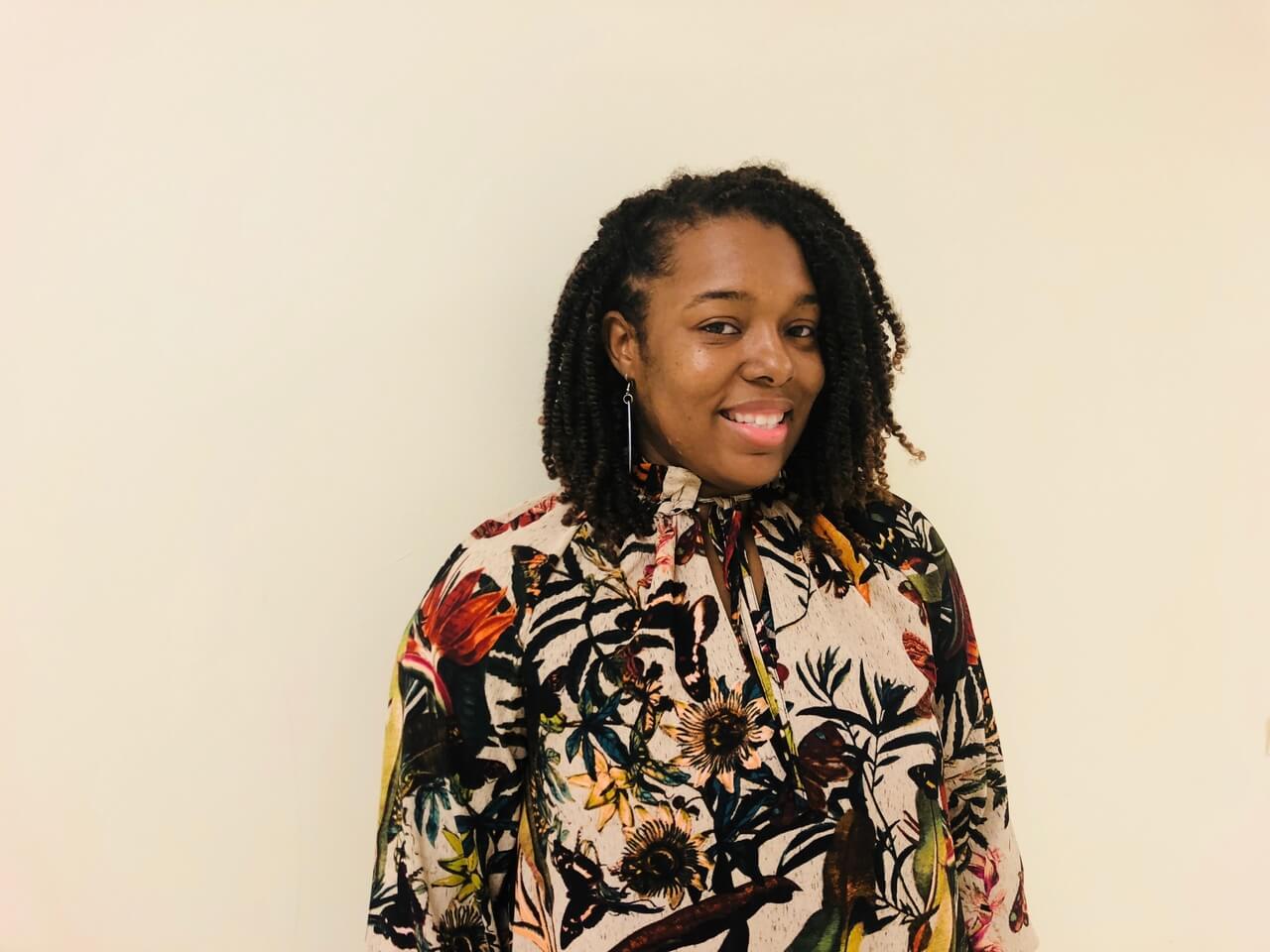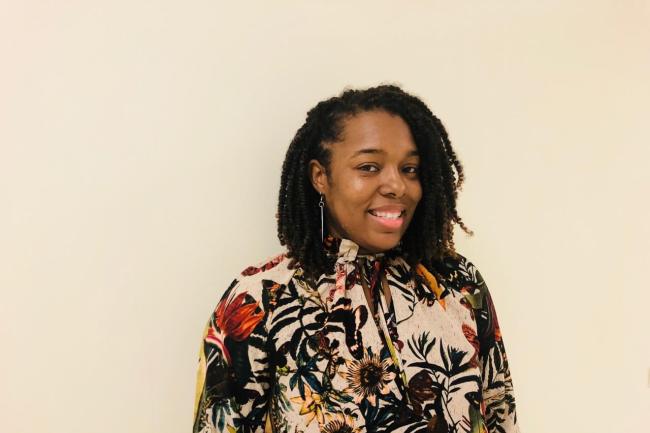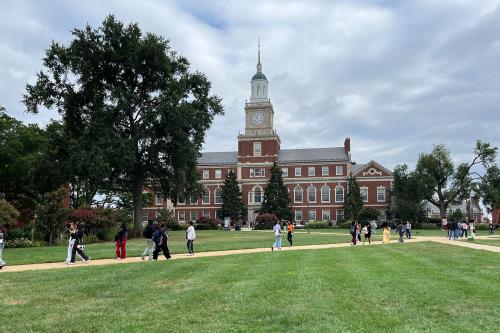WASHINGTON – The Maryland State Advisory Group (MDSAG) has appointed Howard University Associate Professor Shameka Stanford, Ph.D., CCC-SLP/L, as vice chair of the MDSAG on Juvenile Justice, effective immediately for two years. Stanford will address Maryland’s juvenile justice system needs, and use her knowledge of communication and childhood development to improve opportunities for youth in the MDSAG within the Maryland Governor’s Office of Crime Prevention, Youth and Victim Services.
 “I honestly would say my life has prepared me for this more than my work. Having direct experience with understanding and relating to where many of the youth (especially black youth) caught in the pipeline of confinement are coming from, prepared me,” said Stanford. “My life experiences have and continue to provide me with a different perspective and understanding of the juvenile justice system. It has been the spring board for my research, my clinical work, and now my position on the MDSAG for Juvenile Justice.
“I honestly would say my life has prepared me for this more than my work. Having direct experience with understanding and relating to where many of the youth (especially black youth) caught in the pipeline of confinement are coming from, prepared me,” said Stanford. “My life experiences have and continue to provide me with a different perspective and understanding of the juvenile justice system. It has been the spring board for my research, my clinical work, and now my position on the MDSAG for Juvenile Justice.
Stanford’s background as an associate professor of child language disorders and juvenile forensics speech-language pathology in the Howard University Communication Sciences and Disorders Department (CSD), and as a CSD social justice specialist, will be useful to this role.
She plans to utilize this opportunity as a means for addressing the mass disproportionate incarceration, and the racial and ethnic disparities of Black justice-involved youth in Maryland.
“This is important to me because the work of juvenile justice is not only about enforcing the legal rights and justice of all youth, it's also about the equalization of civil rights and legal and clinical supports for youth -especially black youth,” said Stanford. “This work is about addressing the dehumanization of youth placed at-risk for delinquency and fighting the societal urges to exoticize the plight of disproportionate representation and mass incarceration of underserved youth. The work of Juvenile justice for me is about decriminalizing the innocence of black and brown youth, and giving a voice figuratively and literally to the arrested development of youth with cognitive and communication disorders.”
Additionally, Stanford has interest in learning from her experienced colleagues on the board. She plans to support and contribute to implementing the Juvenile Justice Delinquency Prevention Act (Reauthorized), implementing tools and strategies toward reducing racial and ethnic disparities present in juvenile justice, and supporting community partnerships that are doing the work alongside the MDSAG to better serve youth involved with the justice system.
# # #
(Featured image: headshot of Shameka Stanford, Ph.D., CCC-SLP/L)
About Howard University
Founded in 1867, Howard University is a private, research university that is comprised of 13 schools and colleges. Students pursue studies in more than 120 areas leading to undergraduate, graduate and professional degrees. The University operates with a commitment to Excellence in Truth and Service and has produced four Rhodes Scholars, 11 Truman Scholars, two Marshall Scholars, one Schwarzman Scholar, over 165 Fulbright recipients and 22 Pickering Fellows. Howard also produces more on-campus African-American Ph.D. recipients than any other university in the United States. For more information on Howard University visit www.howard.edu
Media Contact: Imani Pope-Johns, Imani.popejohns@howard.edu





